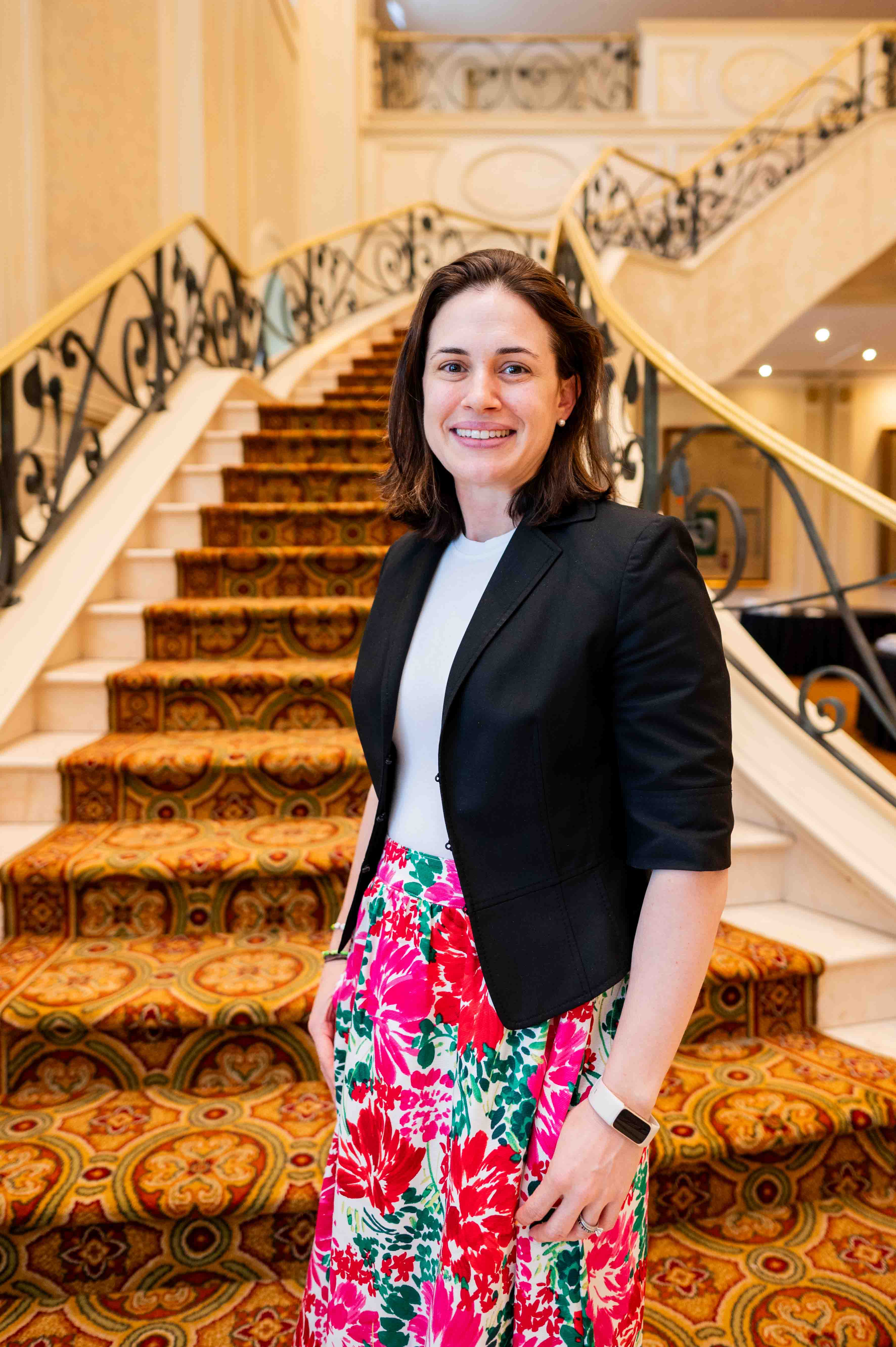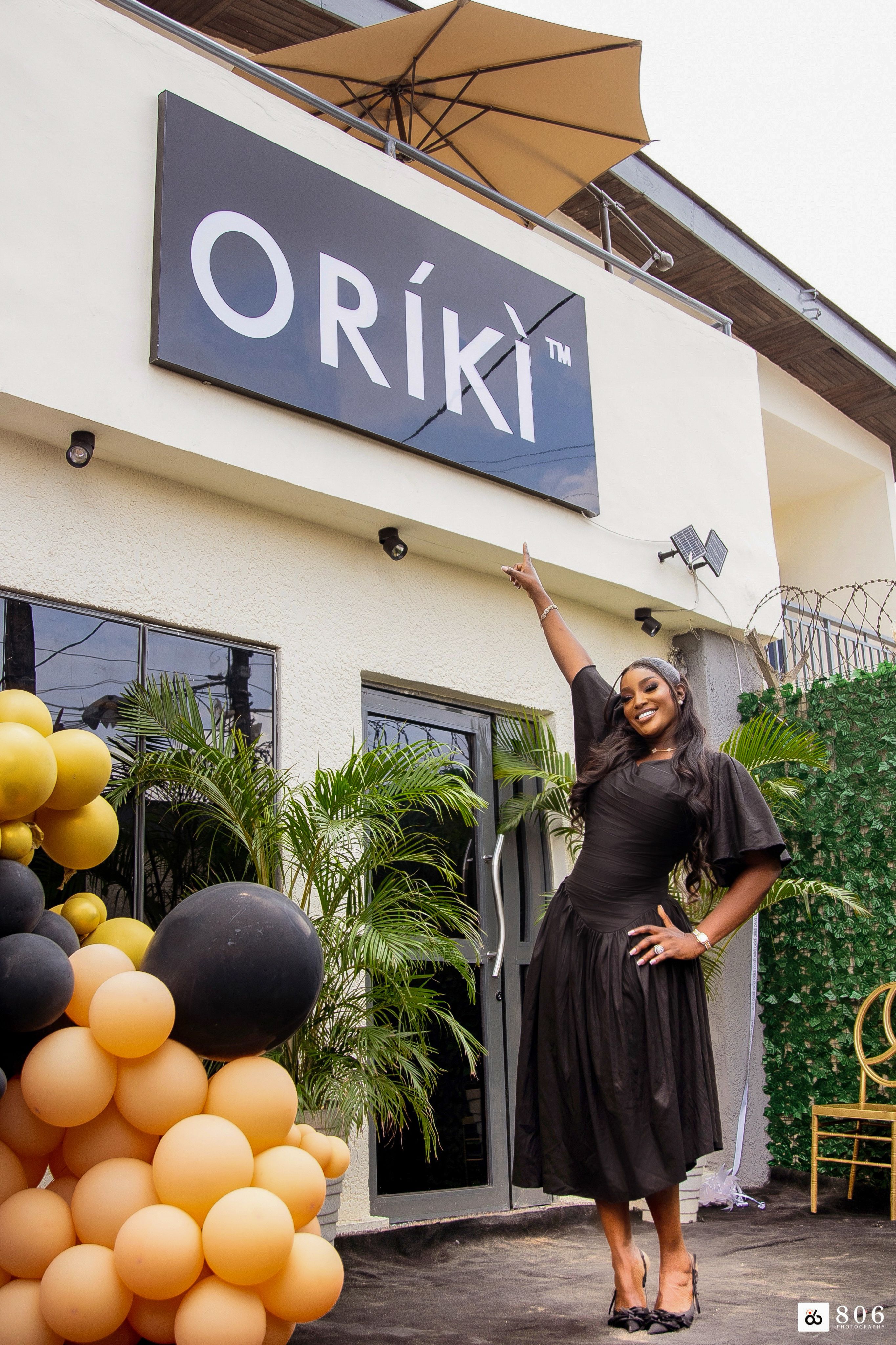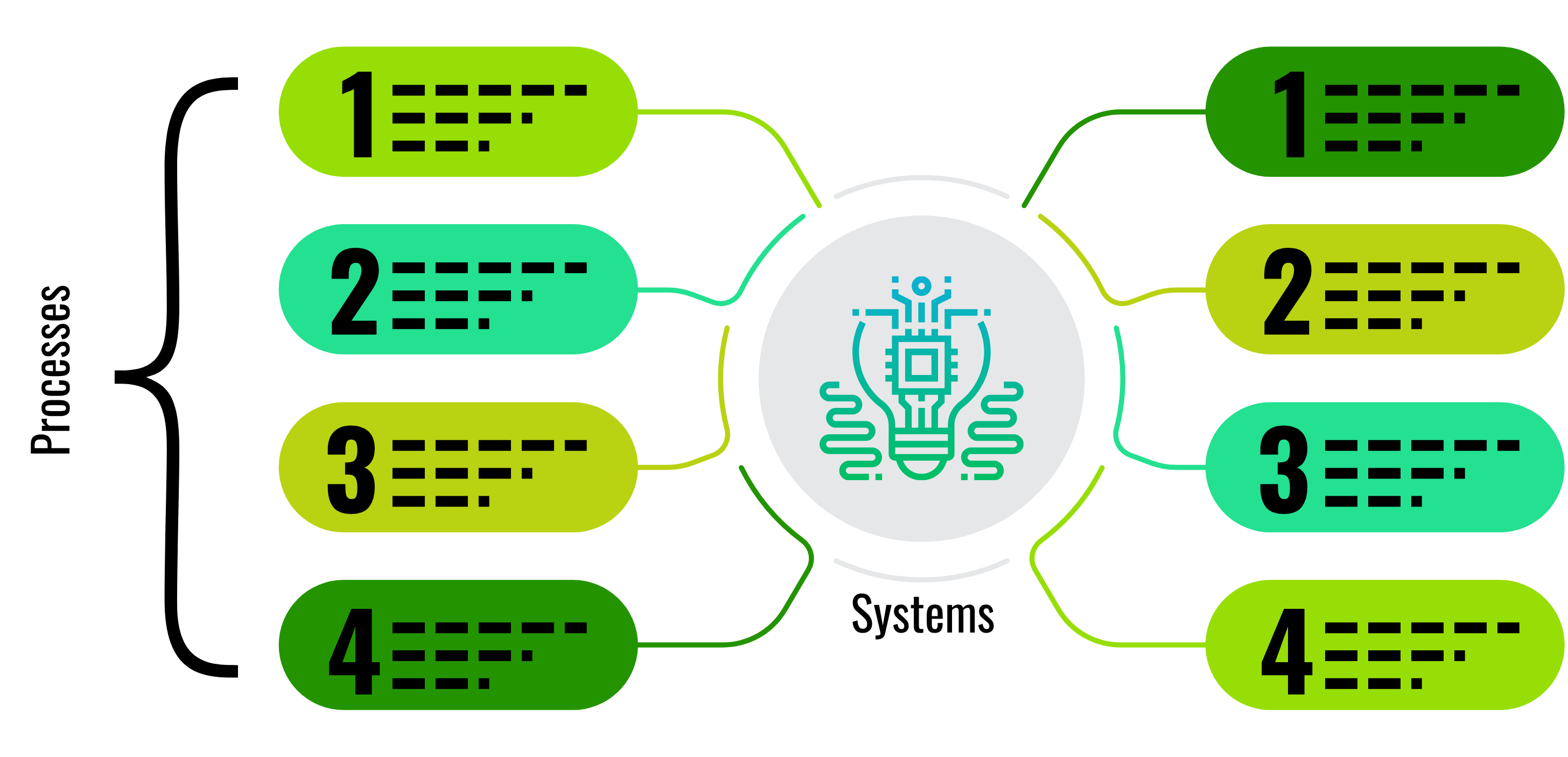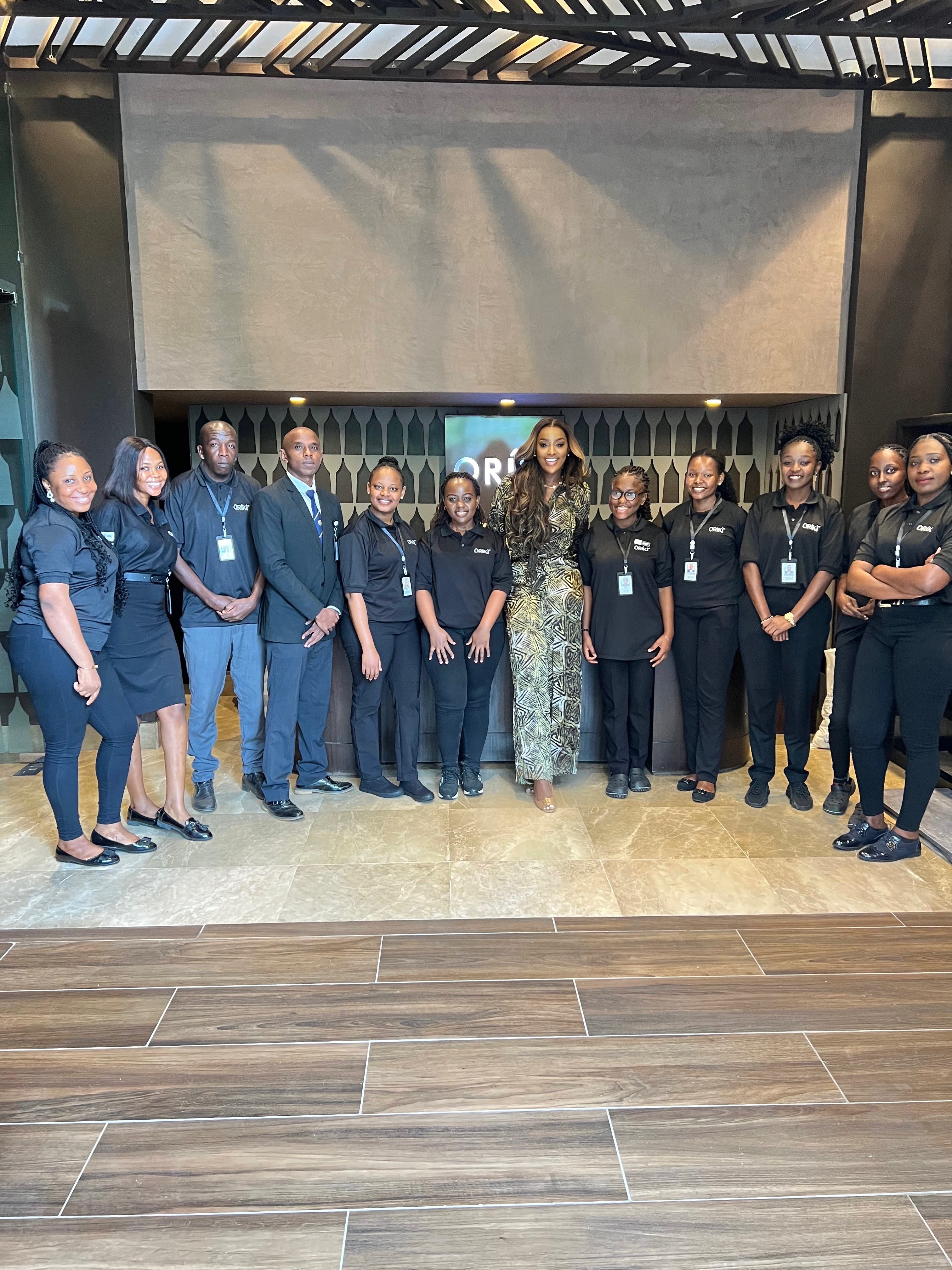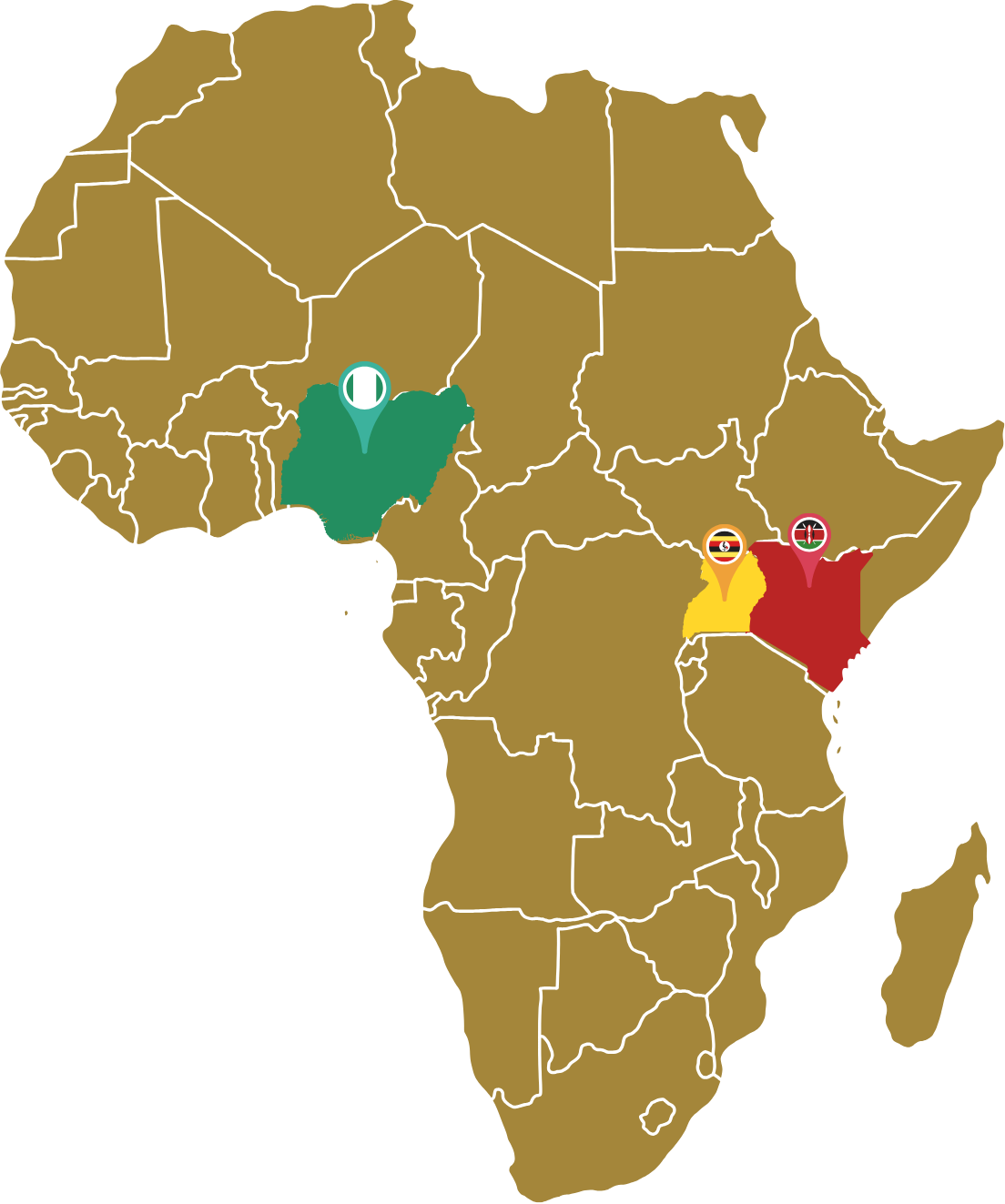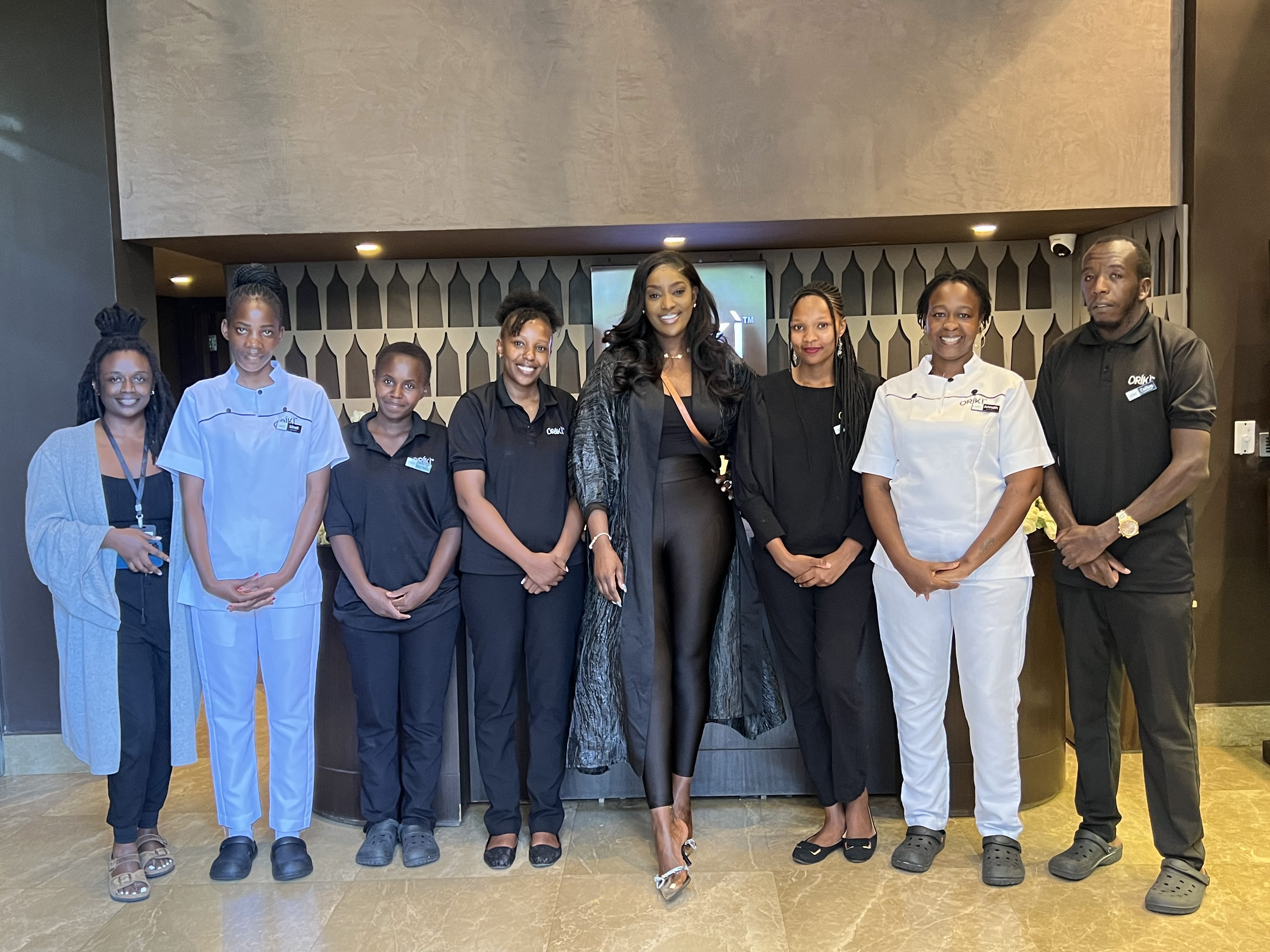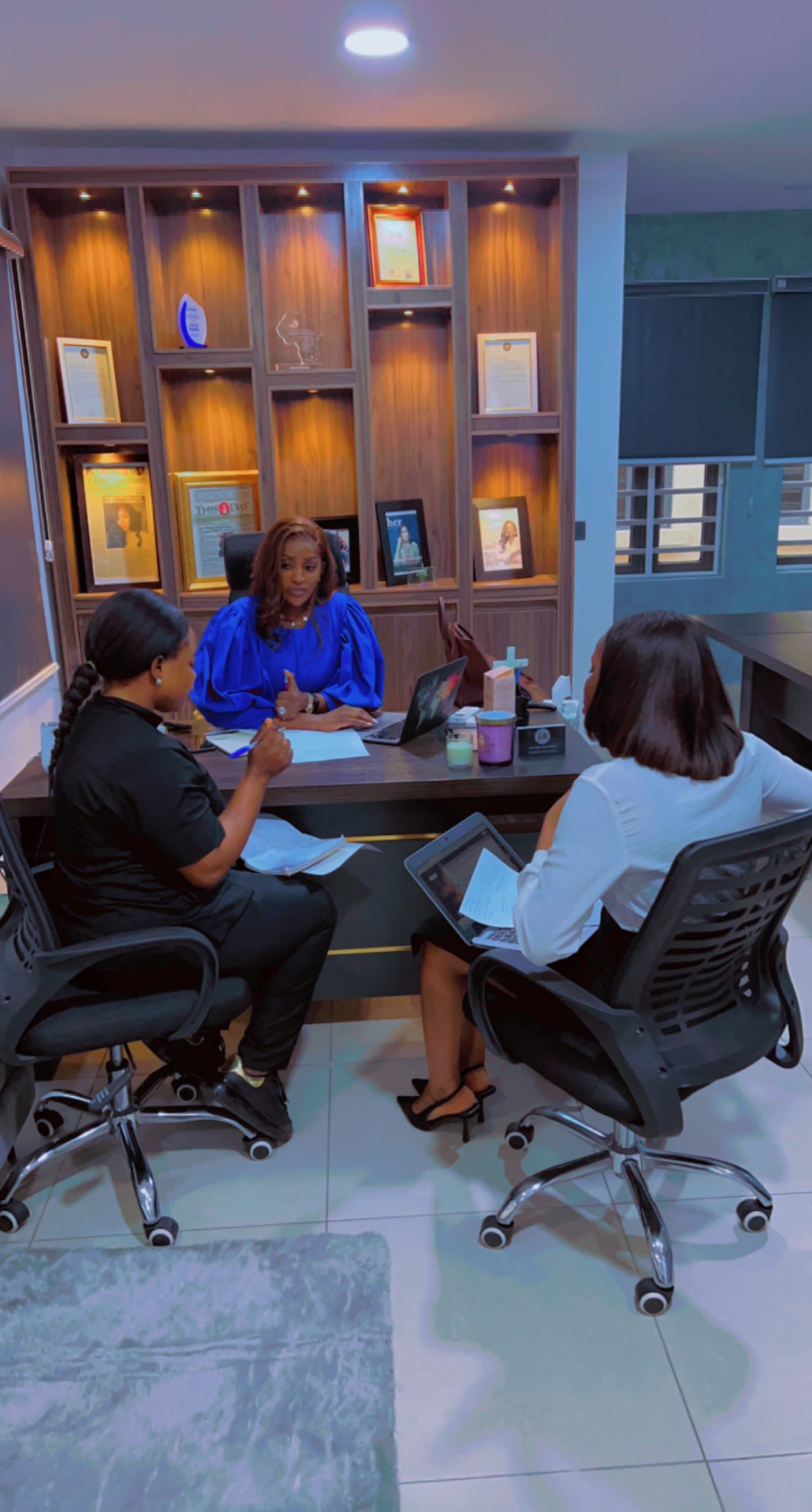Unlocking Your High-Performing Team
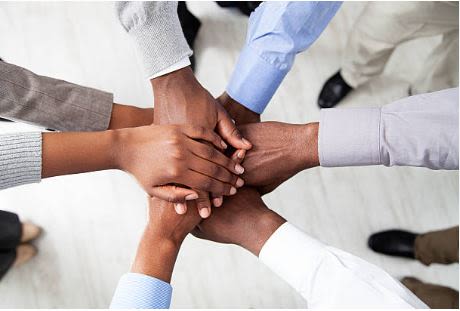
Highlights
Culture, Systems, Leadership
What does it take to build a team that can carry your vision across borders so well that customers in a different country feel like they’ve stepped into your home base?
The answer isn’t talent. It’s culture, systems, and leadership. Behind every business that scales successfully is a team that not only understands the mission but lives and breathes it in every interaction. And when that alignment is intentional, the results are powerful.
Building a business that scales across countries and cultures starts with one crucial factor: your team. According to the Tony Elumelu Foundation’s 2022 Impact Report, 83% of African SMEs struggle to find employees with the right skills to support their business growth.
Joycee Awosika, Cohort 5 alumna and Founder of ORÍKÌ Group, knows this firsthand. ORÍKÌ Group began as a product line inspired by Africa’s rich natural resources. Ingredients like moringa, shea, baobab, and hibiscus transformed into premium personal care goods.
But to help customers experience the products and understand their value, she opened a single spa in Lagos as a marketing strategy. That experience center became the blueprint for growth. From one location, she has expanded to 14 spas in Nigeria, Kenya, and Uganda, offering wellness services alongside the products. Scaling across three countries has required more than just great products. It has meant finding, hiring, and training teams who can carry the brand’s essence anywhere in the world.
Today, when you walk into an ORÍKÌ Spa in Nairobi, you’re greeted by a team that feels distinctly Nigerian in how they speak and make you feel at home, yet they’re Kenyan. That’s the power of strong systems and a clear culture. We talked to Joycee about how she built a team of over 240 people across Nigeria, Kenya, and Uganda, and what it takes to grow across borders.
“When I joined AWEC, we had just 79 employees and four locations within Nigeria. Fast forward to today, and we’ve grown to 241 employees across three countries. That scale-up didn’t happen by chance. It’s been a deliberate journey of learning, adapting, and most importantly, hiring smarter.”
“If you want to grow sustainably, build strong systems and then empower strong people to run with them. That’s how I scaled my business into new countries.”
How to Scale: Systems First, People Always!
Hiring and training the right team didn’t happen by luck for Joycee. It took systems, structure, and intention.
“If you want to grow sustainably, build strong systems and then empower strong people to run with them. That’s how I scaled my business into new countries.”
Joycee breaks it down. “Systems are the big picture that shows how things are done. Processes are a set of step-by-step instructions within a system.”
Example: Respond to a customer inquiry within 24 hours using this template. Each system includes three key elements:
- A customer relationship management (CRM) tool such as [HubSpotProcess]
- A process (step-by-step actions)
- An owner (the person responsible)
An owner: The Sales Manager or Marketing Manager is responsible for setting up and managing the CRM system. A CRM system helps businesses organize and manage customer interactions in one place, ensuring no leads fall through the cracks and enabling teams to deliver timely, personalized communication that increases conversion and retention.
“This level of clarity removes confusion. It empowers your team to act independently and builds trust because everyone knows exactly what is expected.”
Joycee started with just one spa in Nigeria. As she opened more locations, she documented everything, from service checklists to product formulas. Every task had a written process, so expanding into new countries became a matter of plug-and-play. This approach made training easier and helped her replicate success without reinventing the wheel.


How To Build Teams That Live the Brand
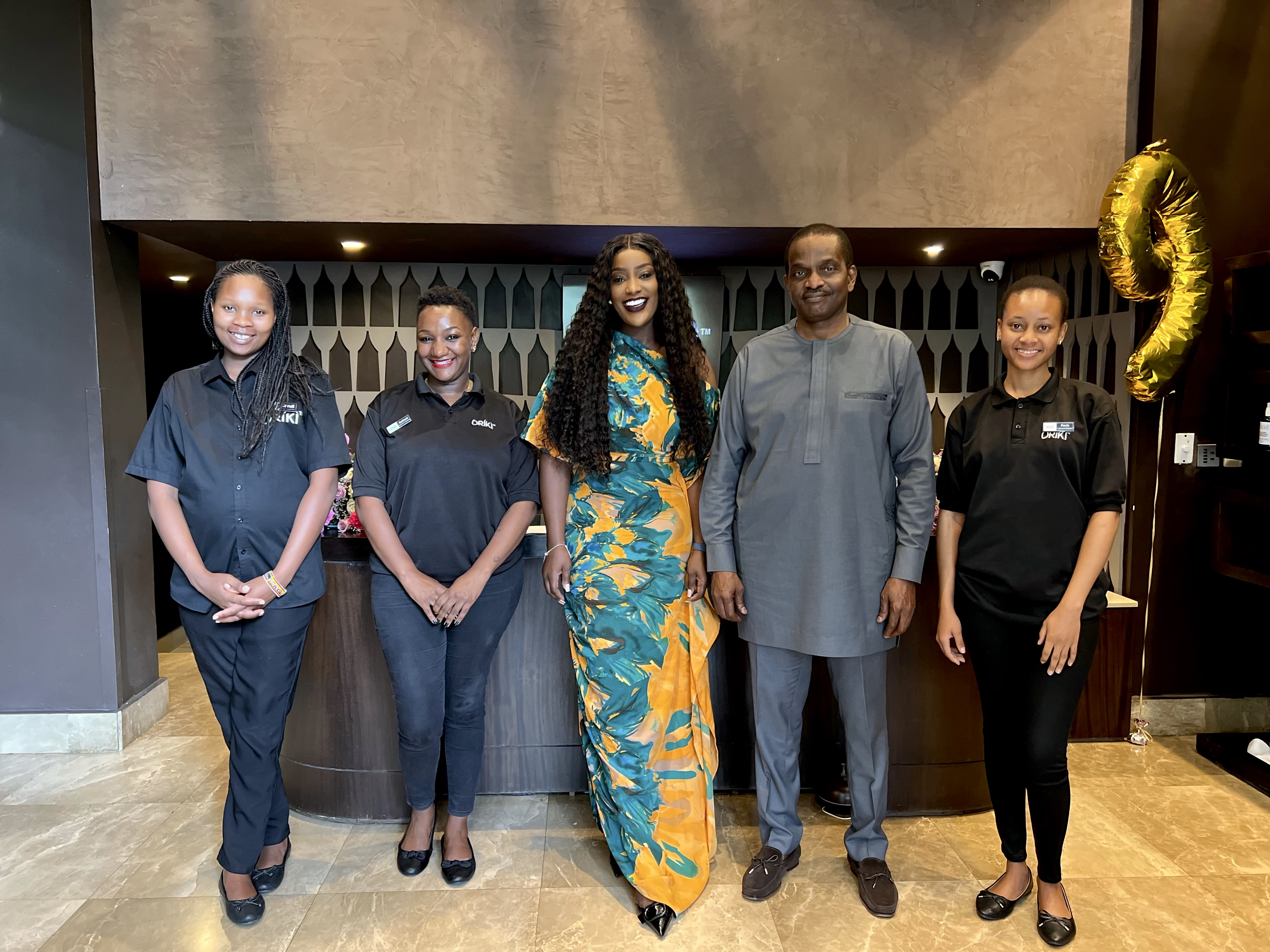
At ORÍKÌ Group, training goes far beyond handing new employees a manual and hoping for the best. Joycee believes culture must be experienced, not just explained. “We believe in show and tell. Our new employees spend an entire week learning about our culture.” From day one, ORÍKÌ invests in immersive onboarding that brings every team member into the heart of the brand. Her team uses tools like Loom for visual learning, live team training sessions, role-playing, shadowing, quarterly performance reviews, and appraisals. This hands-on approach ensures that new hires don’t just know what to do, but understand why it matters. “Culture isn’t about nationality. It’s about shared values and habits.”
Whether in Lagos, Nairobi, or Kampala, ORÍKÌ staff speak the same language of professionalism, warmth, and excellence. By building culture into every stage of training, Joycee ensures her teams deliver a consistent, brand-aligned experience no matter where they are.
"Culture must be experienced, not just explained."
Joycee Awosika
ORÍKÌ Group
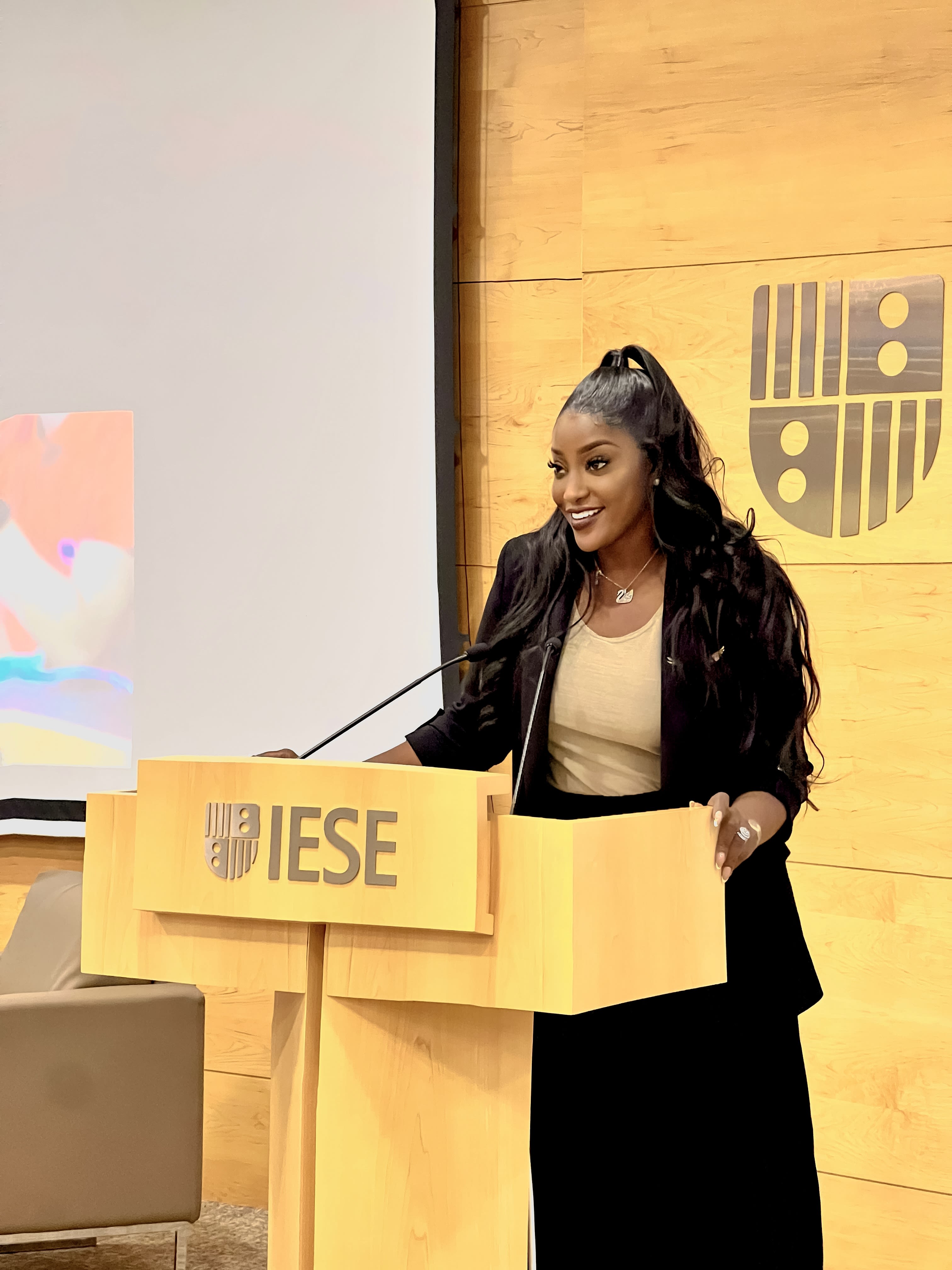

How to Build and Train High-Performing Teams for Business Growth

Hire for Character, Train for Skill
Through the AWEC program, Joycee learned to bring structure and strategy into her hiring process. She began using role scorecards, personality assessments, and structured interviews to make smarter, more aligned decisions. “Before AWEC, I made emotional hires. After AWEC, I understood that hiring must be both heart-led and data-driven.”
You can’t always train someone to become a great accountant or marketer. Be open to spotting potential in people and transferring them to a different department.“Often, people are in the wrong role. It’s not that they're not great, it's just that the role isn’t right for them.”
If an employee begins in customer service and their strengths are found to lie elsewhere, other opportunities within the organization should be explored, such as inventory or administration. This flexibility in staffing enables the company to retain talent while positioning individuals where they can thrive.
Fire Fast and With Integrity
“I used to give too many second chances, but now I believe in firing with integrity. We communicate expectations, give people time and feedback, and if it’s still not a fit, we part ways respectfully and professionally.” Firing with integrity means being very honest, communicating, and giving the person a chance. When you handle transitions respectfully, it builds a strong employer reputation and protects team morale.
“Before AWEC, I made emotional hires. After AWEC, I understood that hiring must be both heart-led and data-driven.”
Repetition Breeds Alignment
One of the greatest leadership failures is assuming that your team understands your vision just because you do. “At our company, we constantly repeat our mission, vision, and core values. From spa attendants to operations managers, everyone should be able to articulate and live by what we stand for.”
Reinforcing company values is made possible through quarterly open meetings that reinforce vision and culture. Core values such as stewardship and unbridled service are embedded into performance reviews, with regular recognition for team members who exemplify them.
“Every quarter, we repeat the same thing about culture. We keep emphasizing the vision. It’s boring to us who’ve been there for a long time, but not to the new team.”
Build a Culture of Ownership
At work, ownership isn’t automatic. It’s cultivated. “You must have systems in place that drive a culture of ownership. Without that, your people won’t be invested.” At Oriki Group, every team member is supported with clear KPIs (key performance indicators) and SOPs (standard operating procedures). The company’s leadership structure decentralizes authority, giving team leads at each location the mandate to take responsibility.
By leveraging technology to monitor performance, track KPIs, and maintain visibility across locations, Oriki Group stays connected to operations on the ground even when physically absent.
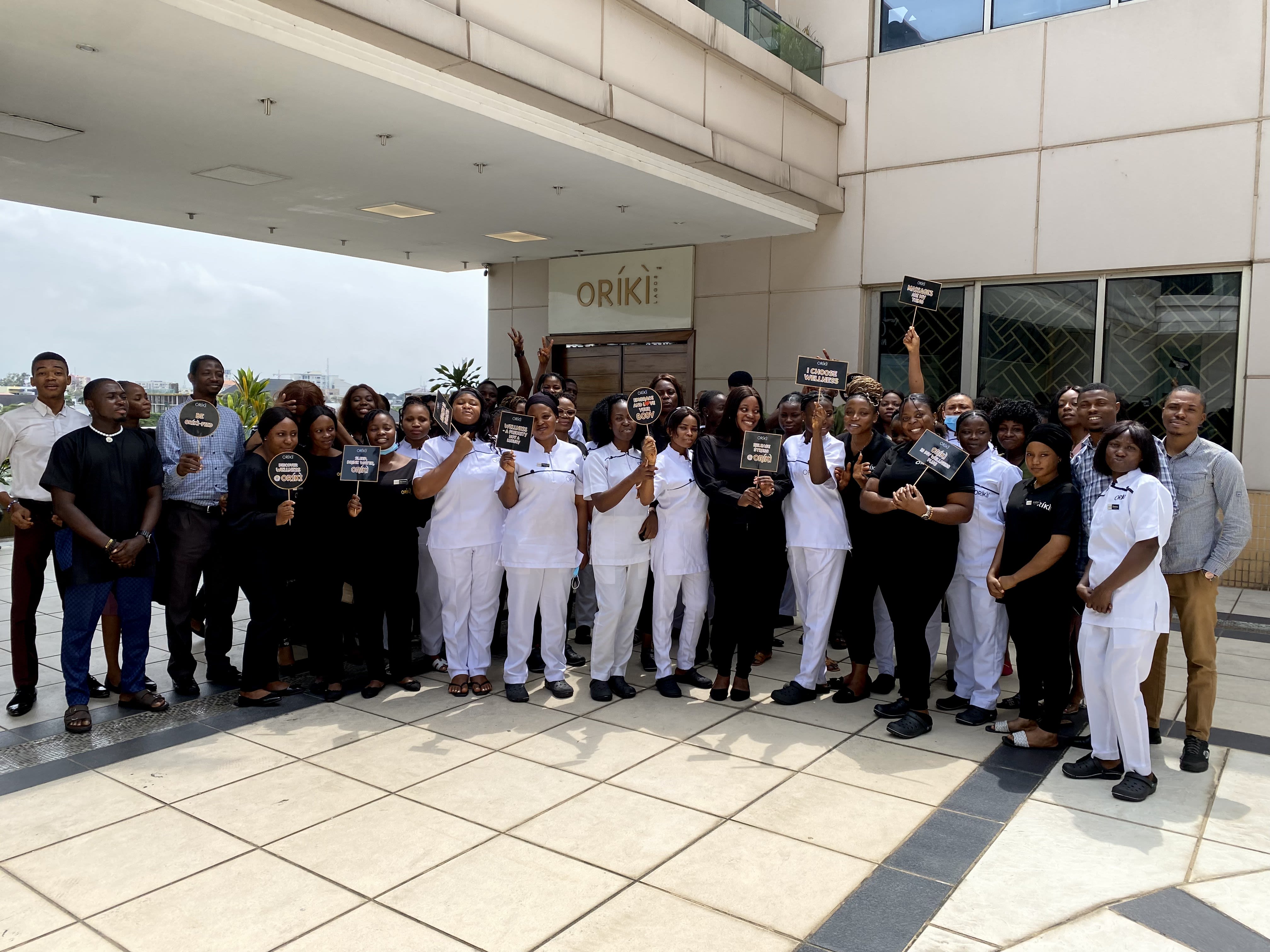

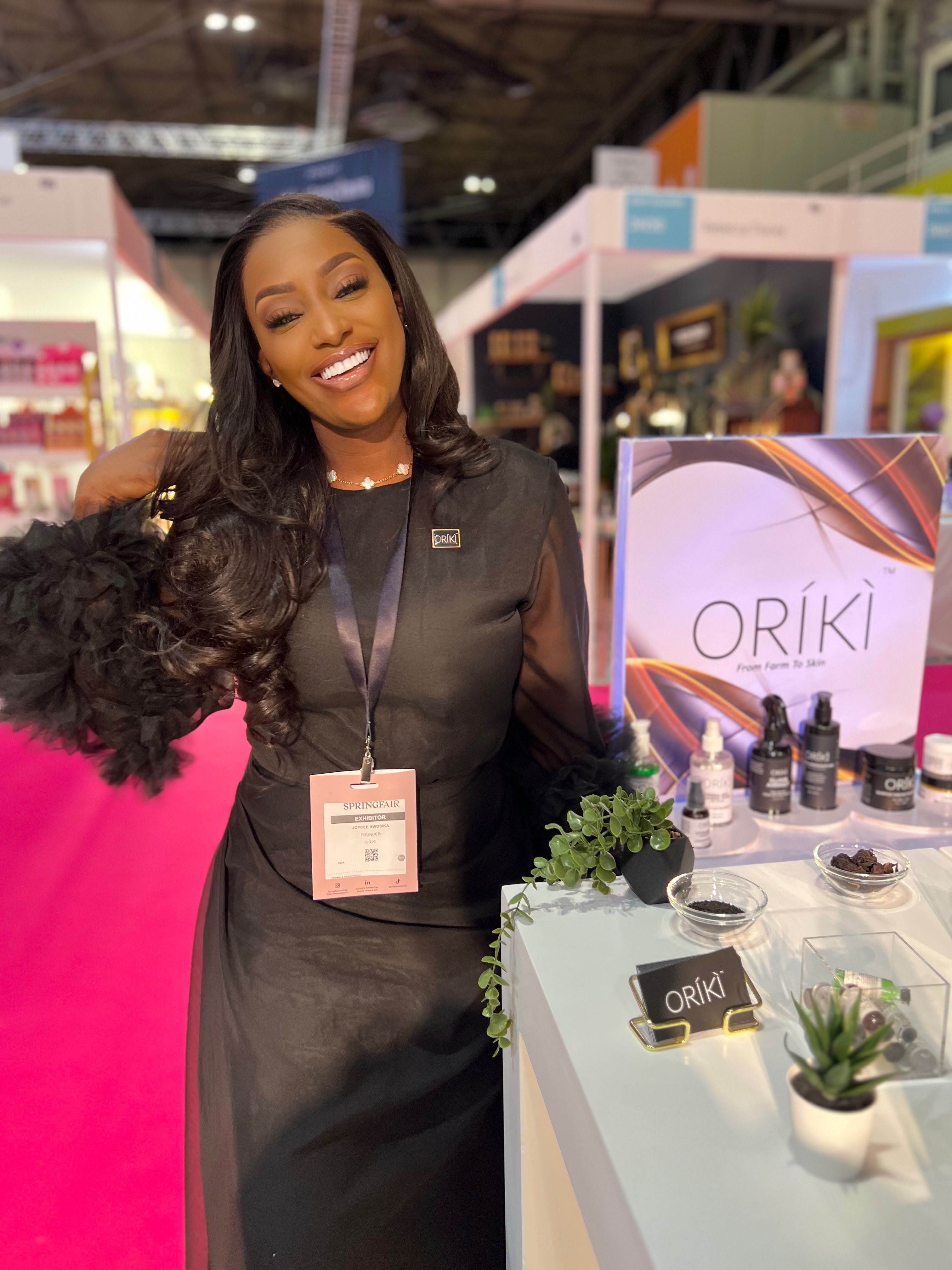
Cultural Adaptation is Essential
Expanding into new regions means facing new cultural dynamics. What works in Nigeria may not work in Uganda or Kenya. Joycee has learnt that customer behavior, staff motivation, and communication styles vary significantly. “You can't copy and paste your Nigerian playbook into another country. People are different; therefore, systems must be different.” For instance, in East Africa, customer loyalty is tied to a practitioner over a brand. Customers will follow their therapists, not the brand, making staff retention critical.
To address this, they appoint local ambassadors within each new country. Encourage cultural exchange between branches. Adjust leadership and retention strategies to fit local nuances. “You must study the market before going in. Study the people. Study the competition. We did that deeply before entering East Africa.”
Although Kenya wasn’t her initial choice for expansion, as nearby West African countries offered greater proximity, that changed after attending the AWEC General Assembly 2023 in Nairobi. Conversations with fellow alumnae opened up new possibilities. One introduction led to a discussion about an opportunity within a real estate development in Kenya, and the idea began to gain momentum.
“My decision to go to Kenya was a mix of research and opportunity. Across the continent, Kenya is one of the fastest-growing wellness markets, especially in East Africa, where many customers in our target demographic take wellness seriously.”
Joycee was intentional in her approach. “My decision did rely on data. I gathered soft data through conversations with customers, visited over 10 spas, and engaged with AWEC Kenya wellness entrepreneurs. A big shout-out to Trish Njogu, Founder and CEO of Tumi Wellness, an AWEC sister, who played a critical role in helping me make the right decision.”
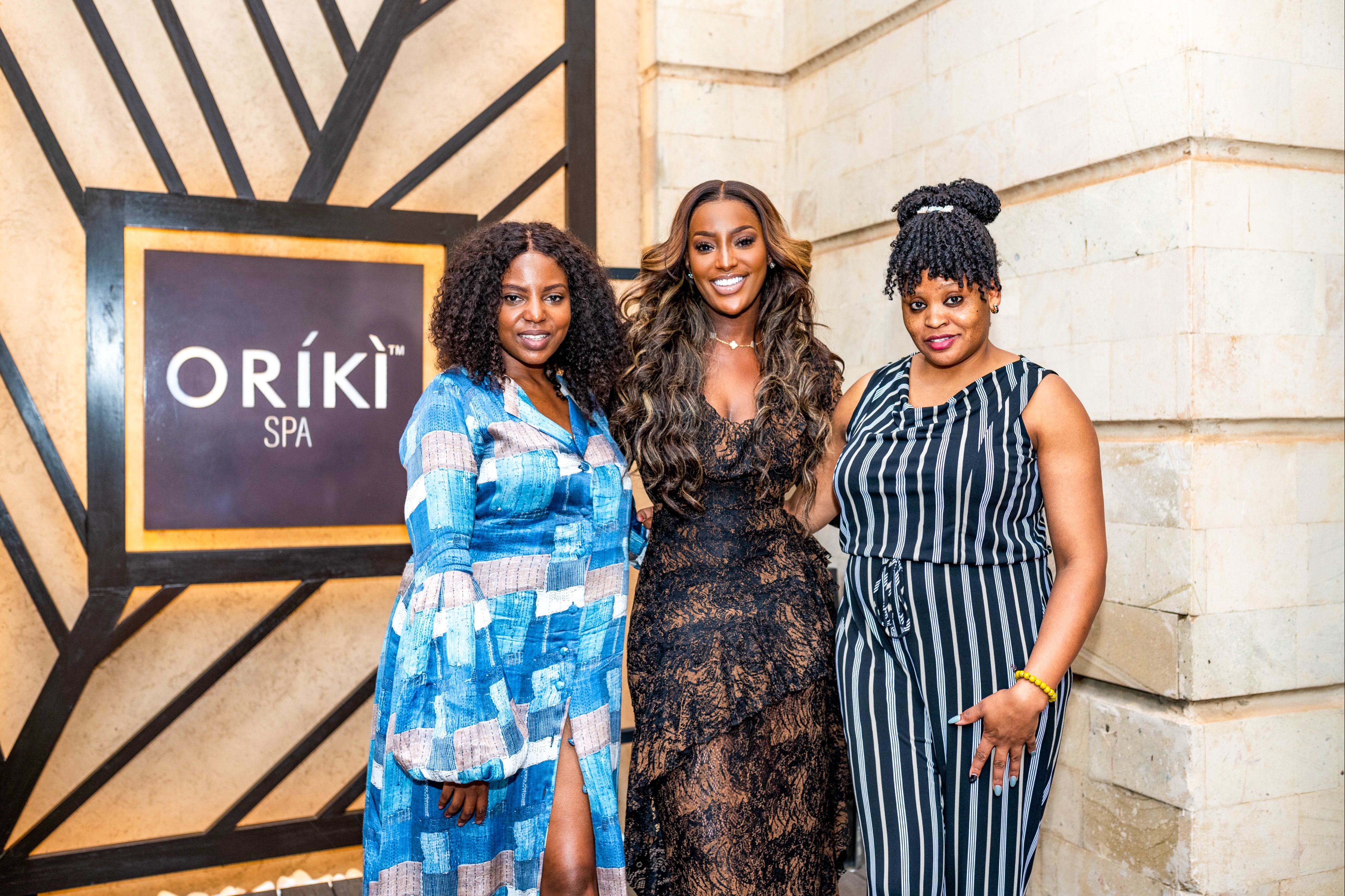

Clarify the Vision Before You Build the Team
Before hiring, get clear on your vision. Many entrepreneurs jump into building teams without a well-defined direction. Ask yourself: What are we building? Why does it matter? How do we want to be known?
Once the vision is clear, use a structured hiring and onboarding process. Hire slow. Ask values and problem-solving-based interview questions. Onboard intentionally, not as an afterthought.
“Onboarding is everything. If you don’t indoctrinate people into your vision and values from the start, don’t expect them to carry it forward.”
ORÍKÌ Group invests 2–3 weeks of company immersion for every new hire, not just to teach them what to do, but why it matters.
Set Expectations from Day One
Titles mean nothing without clear metrics. Don’t assume a salesperson knows what success looks like. Instead, define performance metrics from the beginning. Establish feedback loops. Conduct regular one-on-ones and check-ins. “You have to set very clear expectations from the beginning. People fail when expectations aren’t communicated.” Set the stage for success early, and hold everyone, including leaders, accountable.
“Your company is only as strong as your team. And your team is only as strong as your hiring process. So build it with care. Use data, use intuition, and most of all, hire for where your business is going, not just where it is.”



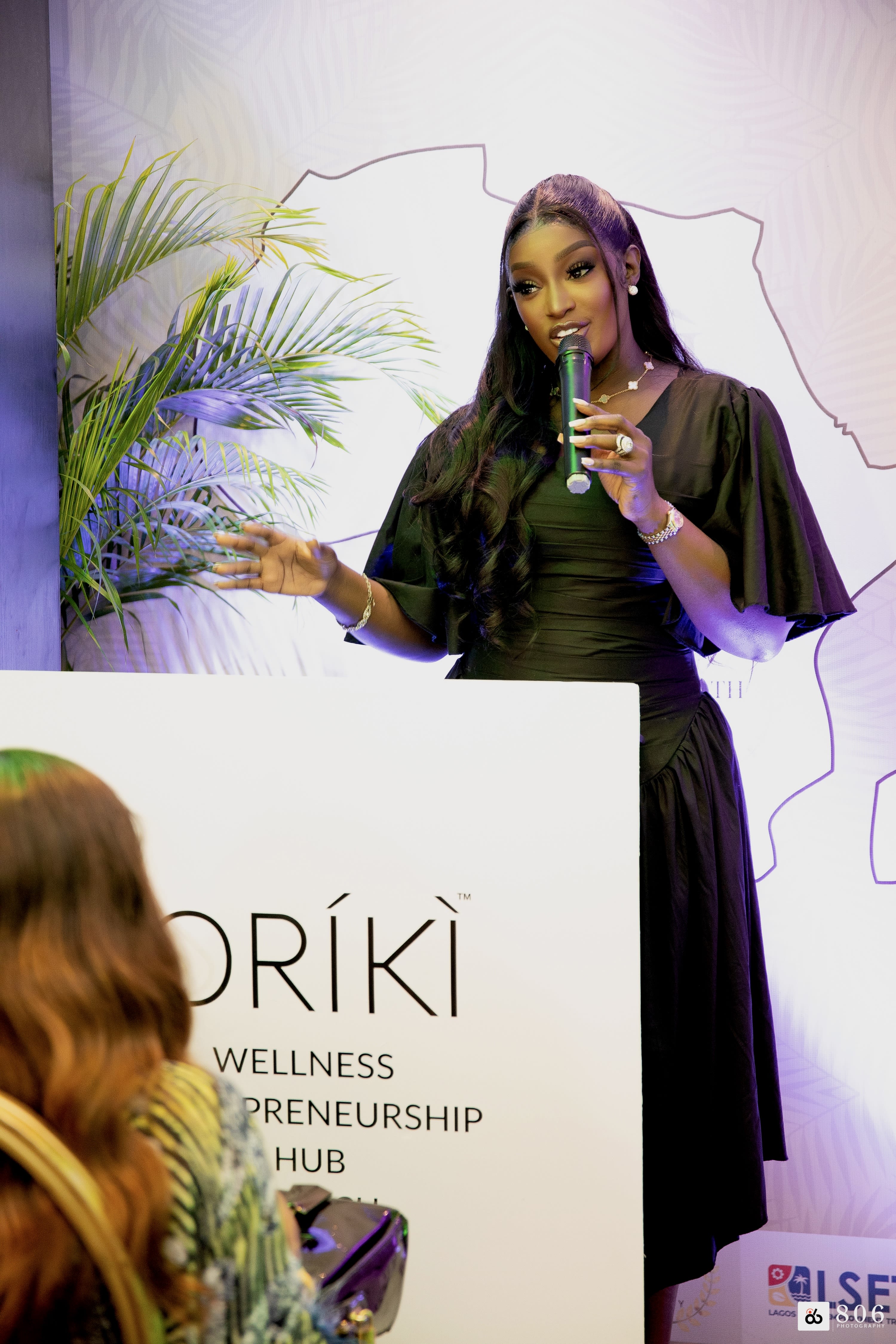

Hiring Advice for Entrepreneurs
Joycee Awosika
Staff Corner
Leading a high-performing team starts with embracing diversity as a strength, not a challenge. Begin by understanding the learning and leadership styles of each team member so that you can create an environment that brings out the best in everyone. Prioritize clear, inclusive communication and foster a culture where every voice is valued. Align the team around shared goals, but stay flexible in how those goals are achieved.
Dawn Leaness
AWEC Managing Director
